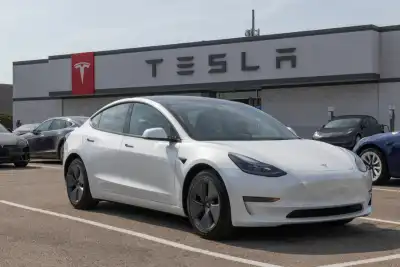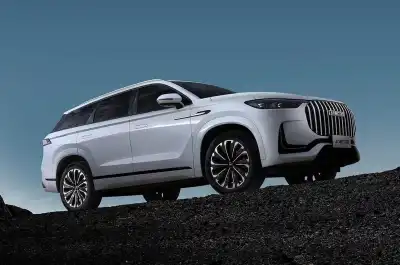While we have become accustomed to various grants and other government-led incentives to entice us to buy electric vehicles, one by one these motivational schemes have either been reduced or withdrawn completely.
You only need go back a few years and potential buyers were offered a £2,500 grant if they purchased a new electric car. That was reduced in 2021 when the grant was slashed to just £1,500 and only applicable to vehicles priced under £32,000. Until then the grant was available on cars up to £35k.
The van grant was also reduced at the same time dropping from £6,000 to £5,000 for large vans and from £3,000 to £2,500 for smaller models.
And just as we adjusted to these less-attractive figures, the government announced even more cuts last summer, claiming that the savings they would make could be used to improve the charging infrastructure instead. And with that, the car grants were withdrawn completely.
However, these grants were clearly a success story in themselves with government figures highlighting that fully electric car sales had risen from less than 1,000 units in 2011 to almost 100,000 in the first five months of 2022 alone.
And the government was always very clear that the plug-in car grant (PiCG) would be a temporary measure. It also maintains that EV drivers make significant financial savings through zero road tax, the exemption from Congestion and Low Emission Zone charges, along with very favourable company car tax rates.
After the announcement, Transport Minister Trudy Harrison explained: “The government continues to invest record amounts in the transition to EVs, with £2.5 billion injected since 2020, and has set the most ambitious phase-out dates for new diesel and petrol sales of any major country. But government funding must always be invested where it has the highest impact if that success story is to continue.
“Having successfully kickstarted the electric car market, we now want to use plug-in grants to match that success across other vehicle types, from taxis to delivery vans and everything in between, to help make the switch to zero emission travel cheaper and easier.
“With billions of both government and industry investment continuing to be pumped into the UK’s electric revolution, the sale of electric vehicles is soaring,” she added.
But the decision was criticised by Mike Hawes, SMMT Chief Executive, who said: “Slashing the grants for electric vehicles once again is a blow to customers looking to make the switch and couldn’t come at a worse time, with inflation at a ten-year high and pandemic-related economic uncertainty looming large.
“Industry and government ambition for decarbonised road transport is high, and manufacturers are delivering ever more products with ever better performance. But we need to move the market even faster – from one in a hundred cars on the road being electric, to potentially one in three in just eight years – which means we should be doubling down on incentives.
“Other global markets are already doing so whereas we are cutting, expecting the industry to subsidise the transition, and putting up prices for customers. UK drivers risk being left behind on the transition to zero-emission motoring.”
And with electric car sales booming and the charging infrastructure growing at a rapid pace too, there will be further cutbacks coming into force in 2025.
Electric cars will no longer be exempt from road tax, or Vehicle Excise Duty to give it its proper title. Although the first-year payment will be the lowest rate of just £10, owners will have to pay almost the same as any other driver after 12 months.
Additional charges will also be incurred if the car costs in excess of £40k. At present EV owners do not pay any premium car levy, but that will be on a par with other vehicles from 2025. That will mean anyone purchasing an EV costing £40k or above will pay an extra £355 – a figure that is likely to increase further.
And there is more bad news as from December 2025, EV owners will face Congestion Charge fees alongside other motorists.
So it seems that the drive to get us into electric vehicles with all manner of financial bonuses and incentives has finally run its course. Only time will tell if there will be further costs along the way to factor in.




